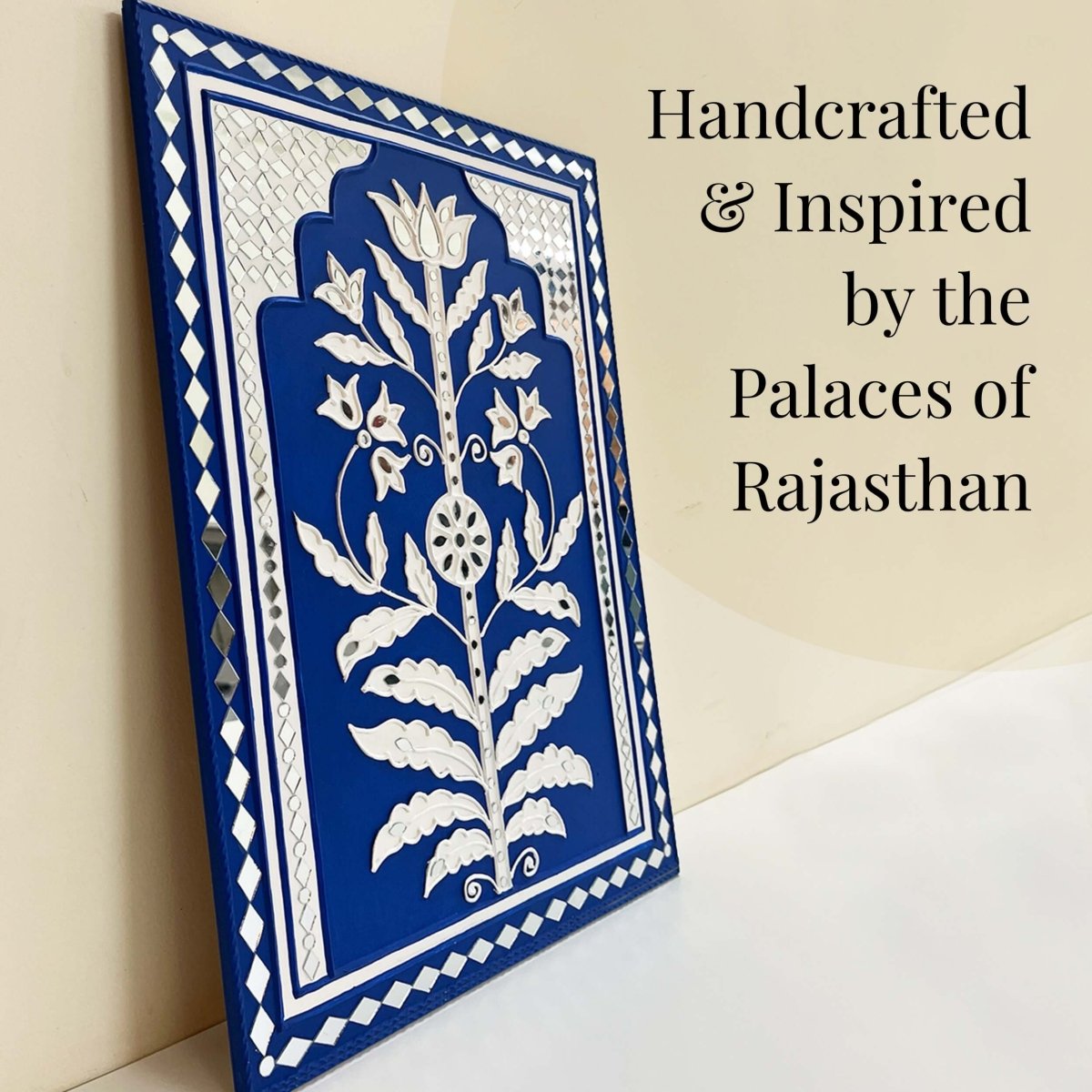Pagal Panthis were no Mad Hatters
BOOKMARK
Pagal Panthi was a serious socio-religious movement against the oppressive rule of the British East India Company and the zamindars or land lords in rural Bengal in the 18th and 19th century. It was led by a local Sufi fakir or mendicant, in the tribal areas bordering modern day Meghalaya and Bangladesh.
During this period Bengal was a brutal place for peasants. Not only was there a heavy burden of taxes and restrictions put in place by the East India Company, local zamindars were as exploitative. In the tribal areas around Mymensingh (now in Bangladesh) the local Garo and Hajong communities were so badly off, that a local Sufi fakir Karim Shah took up their cause, leading a peasant uprising.
Shah himself was inspired by his guru, Majnu Shah who had led a similar uprising of Sufi fakirs and Hindu sanyasis in Kanpur in the 1760’s.
– The ‘Pagal Panthi’ social movement took a religious turn to aid people with a purpose
Over time, the social movement, took on a religious tone as Karim Shah decided that what people needed was a purpose, respect and equality. Monotheism, human equality, non-violence and an attempt to unify people of different faiths became the bedrock of the new faith that he propagated. This led to conflict with the orthodox religious leaders who were quick to dub the followers of the new faith, pagal or mad and their movement Pagal - Panthi or the followers of the mad sect!
Despite the backlash, the movement survived the death of Karim Shah in 1813, and became even more aggressive under his son Tipu Shah, who made it a larger fight against oppression.
So successful was the sect that the Pagal Panthis even established their own independent administration in Sherpur in the Mymensingh district of Bengal, ruling the area for over two years.
A severe clampdown followed and in 1824, Tipu Shah was finally arrested. He died in prison in 1852 and by then, the movement too had petered out. Tax concessions by the East India Company lords did the trick and the movement was forgotten.
The Pagal Panthis find little mention in our history books. Instead, in a travesty of fate, their name is taken a million times, to describe a mad streak - in jest!









